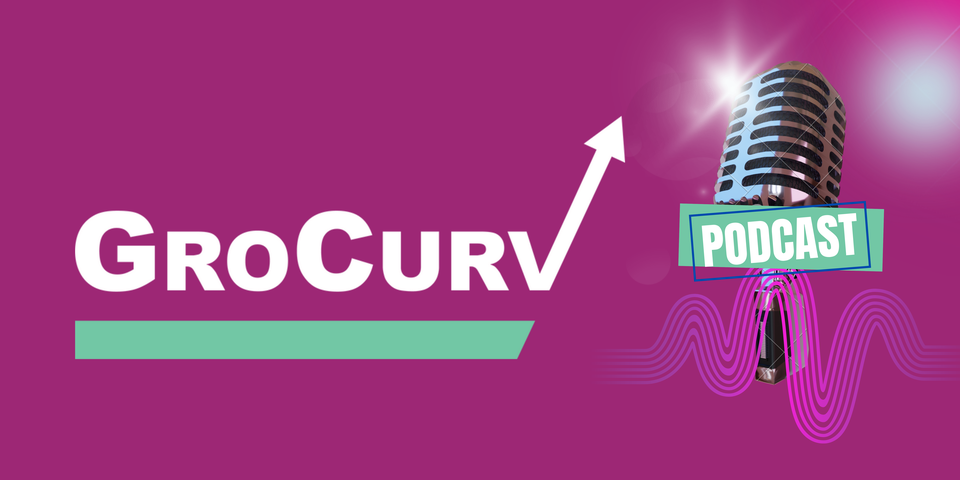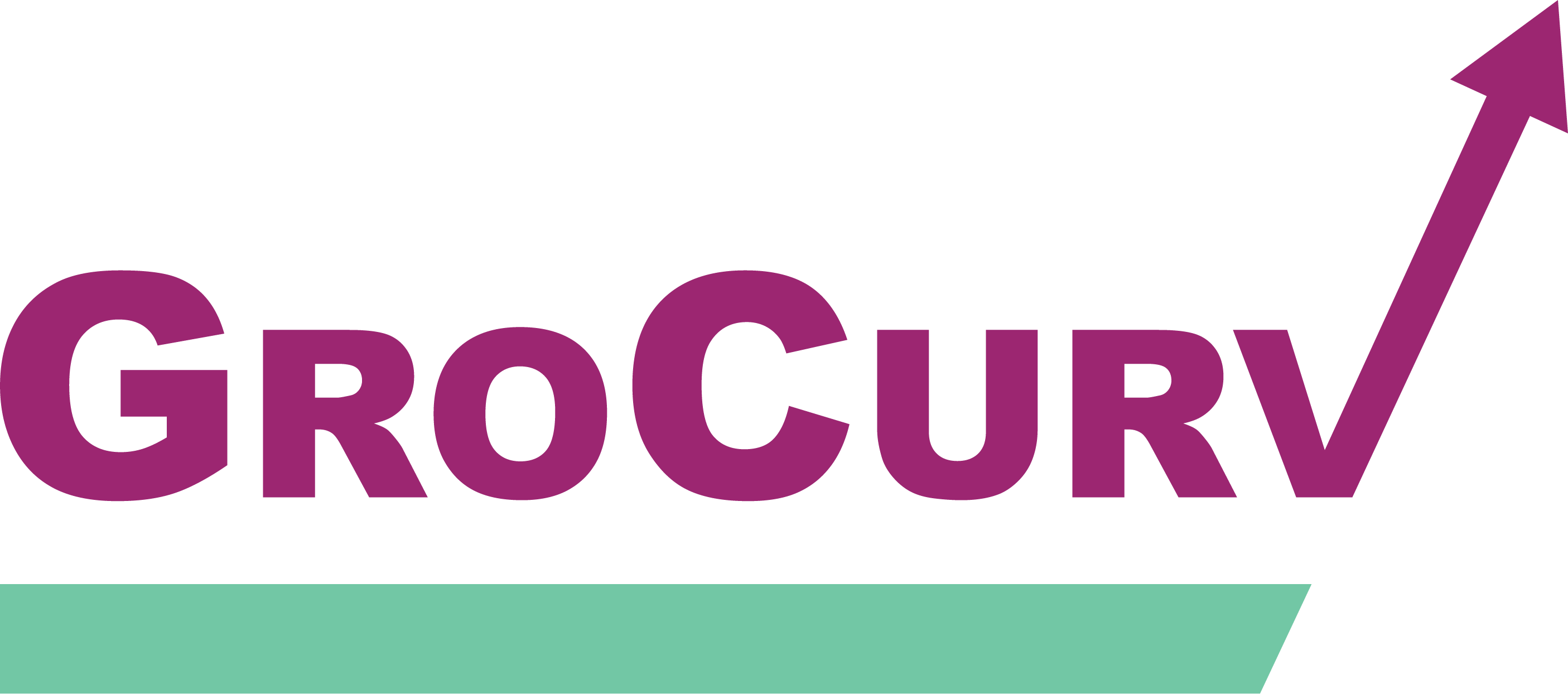Market Research- How consumers can accelerate your brand story.

Welcome to GroCurv’s podcast Right On Track where this week we discuss market research and your brand. As a marketplace for marketing services, GC enables young and fast growing brands to meet and work with the right agency partners.
In this series, we share learnings from hundreds of brands that have used GroCurv and its partner agencies to grow fast, profitably. Allowing you all to learn lessons on how to make the most of your marketing investment.
This week, we focus on Market Research- What is market research and why is it so important for your brand? Why do we use it and how should we go about it?

Let’s begin.
Think of market research as a map to guide you out of a maze.
Without it, you’re walking around in the dark; taking turns here and there; and hoping to find your end destination. Hopefully before you run out of food and water.
In business, we are all faced with new uncertainties everyday and trying to use our skills, and acumen to find a way towards a desired solution- before resources (money in our case) run out.
Sometimes we want to know if a new product will work.
Or why a product is not working.
Whether a price is correct. Or not.
Whether a channel of distribution is correct or not.
Whether our competition is better or not.
Where do we find new customers?
Why are old customer leaving us?
Is the market changing? And making our services irrelevant?
Do these questions sound familiar?
And our answers typically are about looking into the data we have and trying to reach some conclusions. But what if this data is incomplete? What if we do not have the skills needed to understand this data completely?
Therein lies the power of market research and why successful brands rely heavily on this, before making critical business decisions. Determining where, why and how people purchase your products helps maximize your marketing budget and profitability.
So then, the question is - how is market research done?

Do you recall the touch screens at an Airtel Store or an Apple store that ask you for your experience while you are leaving the showroom?
Or the feedback links that airlines send you when your flight is done?
Or the young person who accosts you at the mall offering you some discount vouchers for answering questions.
These are all ways of collecting information for a brand that wants to know more , and do better.
This information could be in the form of a questionnaire with definitive answers typically a yes/ no; or a dislike-like type of answer- called quantitative research questions. This type of questionnaire is used when you want more precise answers. Let’s say you are introducing a new feature in a product and want to know if that will be useful. So you reach out to consumers who reflect the profile of potential buyers and ask them more precise questions and record their answers to understand if many consumers would prefer this or few.
For example new colors on cars.
Or features in a new car. Or Price of a new range of shoes.
This type of approach reaches out to many more consumers; typically hundreds or more. The data is analysed on tools like Xcel or SPSS and experts then can interpret this to give you actionable insights.
Or questions that allow consumers to speak more freely and their answers are recorded in a longer format- and this method is called qualitative research and allows the consumer to speak more freely of their views. This is to understand whether an entirely new brand or service would find merit for consumers.
Lets say a brand of clothing wants to enter the “shoes” market. Will consumers accept the new offering from the brand? Would they believe the brand is too closely associated with apparel and cannot make good shoes. Or cannot complete with good shoes made by other brands?
These are exploratory questions. That require more in-depth discussions with consumers. Usually a few interviews (maybe 20-30) could be sufficient to help a brand find the right direction.

The cost may not differ as much, but the objectives are different and hence the choice of one type of interview over the other is not about the cost but about the expected outcome of these discussions with consumers.
And finally there is google: the act of researching to find information that may already exist about a problem you are solving. This is also referred to as “secondary research” and often the starting point to the entire market research exercise. So yes, definitely look at existing sources of information to a question you are asking.
And once you’ve decided to go ahead with some research- what’s the best way of going about this? And should you use an expert or research agency to help you?
There are four aspects to a successful market research initiative.
- Knowing what is the right question
- Understanding the right data needed for making a decision.
- Collecting the data.
- Interpreting the data.
In each of these, we need to measure for accuracy and ensure that “bias” does not creep in. Bias is the conscious or unconscious inclination towards a conclusion basis our own beliefs, ignoring an objective assessment of the data.
Companies often need help in formulating the right questions. Those questions, if answered will lead to the right decision. An experienced in house marketer can often do this. However if this skill is lacking, a market research agency can help.
In the digital age, most companies have a good grasp on their own data sources.
Is this data sufficient for answering the questions, you can move to the next step. Else, once again an external partner may be needed to help gather the right data.
Processing the information can be done on Excel; however if there are complex relationships between data points, tools like SPSS may be used, which are best understood by experts.
And finally, an expert is useful to keep aside bias in interpreting the data and responding to how the data serves to answer the questions asked.
Marketing like any other function is a specialised skill, and market research within the domain has its own specific rules and methods.
As a brand begins to make important decisions about markets, products, pricing, or consumer acquisition- an investment in market research is definitely a great starting point to validate a business model. Take a pause and think about whether you truly understand how to arrive at a decision. Avoiding market research in a volatile, uncertain economic environment is not about saving on cost; but actually jeopardising your brand’s future.
To know more about Market Research do drop in to GroCurv.com.
Stay safe, and stay focused. We will be back next week for another episode of Right On Track, by GroCurv.com.
